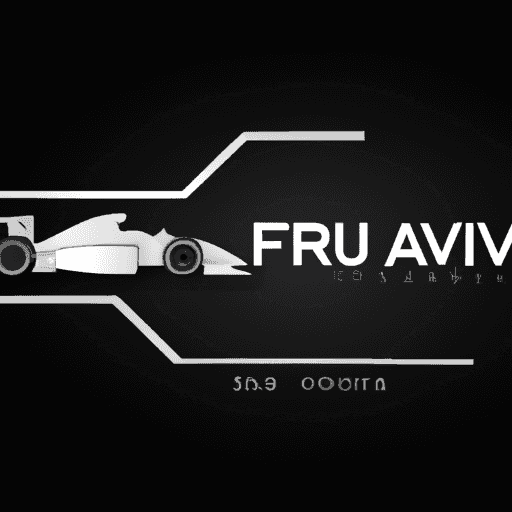Formula 1 (F1), the pinnacle of motorsports, is synonymous with technological innovation and high-speed competition. Each season brings forth continuous evolution in speed, efficiency, and safety. This article explores the future of Formula 1, examining anticipated innovations and changes within the sport and its Grand Prix events.
Firstly, let's delve into technology. F1 has always served as a testbed for cutting-edge automotive advancements. From more efficient hybrid systems to lighter, stronger materials, innovations in F1 not only transform the racing landscape but also influence the cars we drive daily. While link slot gacor operates in a different context, it exemplifies how technology drives significant change.
Furthermore, regulations play a crucial role in shaping Formula 1's future. Aiming to enhance fairness and excitement, F1's governing bodies regularly update rules governing car design, team strategies, and race formats. These changes challenge engineers and drivers alike, ensuring F1 remains relevant in the evolving landscape of mobility.
The Grand Prix events, the stage for Formula 1, are also undergoing transformation. From adding new race locations to efforts to make events more environmentally friendly and inclusive, the future of the Grand Prix reflects the changing values of the global community. Although slot gacor maxwin is not directly related to F1, the spirit of innovation and excellence resonates universally.
In conclusion, while predicting the future with certainty is impossible, one thing is clear: Formula 1 will continue to be a catalyst for innovation and change. Whether through new technologies, refined regulations, or more engaging Grand Prix formats, F1 will remain the world's most dynamic and anticipated motorsport. Similarly, slot deposit dana and slot deposit dana 5000, while from a different domain, share the common spirit of adaptation and progress, connecting us all.
